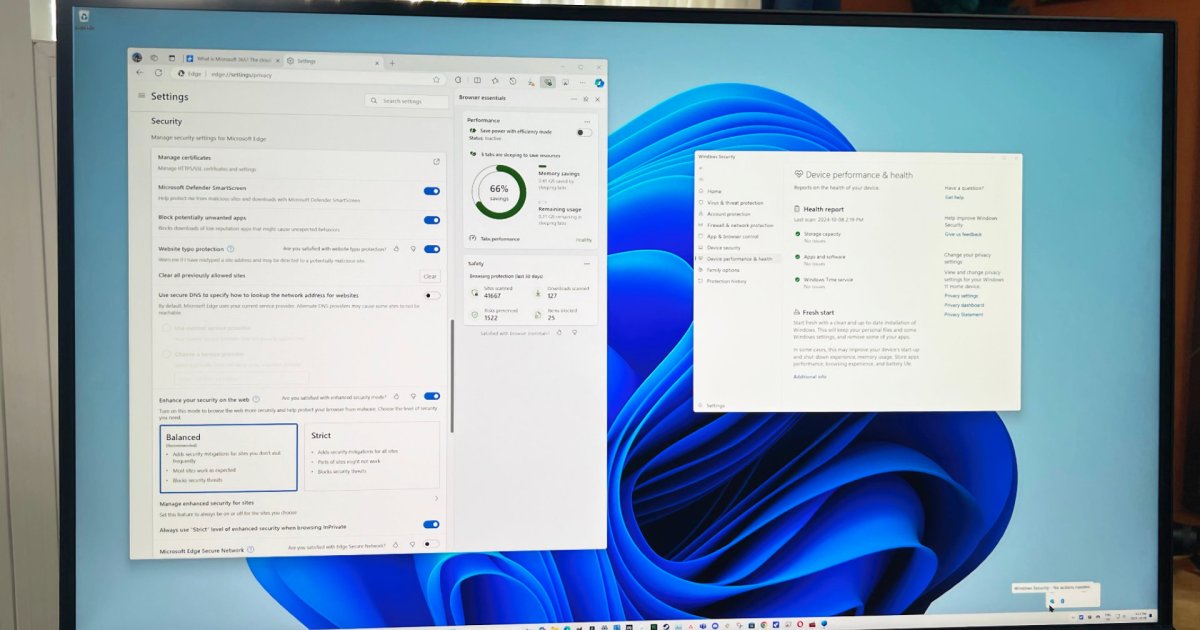But Luxon’s edict neglects a broader transformation in work culture.
Work from home (WFH) arrangements have grown considerably over the past decade, propelled by an increase in dual-income households and rapid technological advancements.
The COVID pandemic acted as a catalyst for further change, proving that many jobs could successfully be performed remotely.
Our upcoming article in the New Zealand Journal of Employment Relations addresses the pros and cons of remote work. We highlight how a hybrid model—mixing days in the office with days working from home—can improve well-being, engagement, and productivity.
We found embracing a hybrid approach may lead to better outcomes as society shifts with technology and employment expectations. And, despite the prime minister’s demands on public service workers, it may be too late to go back.
Embracing flexibility
Under current rules, employees can request flexible working arrangements. Employers must provide valid reasons if they decline the request.







